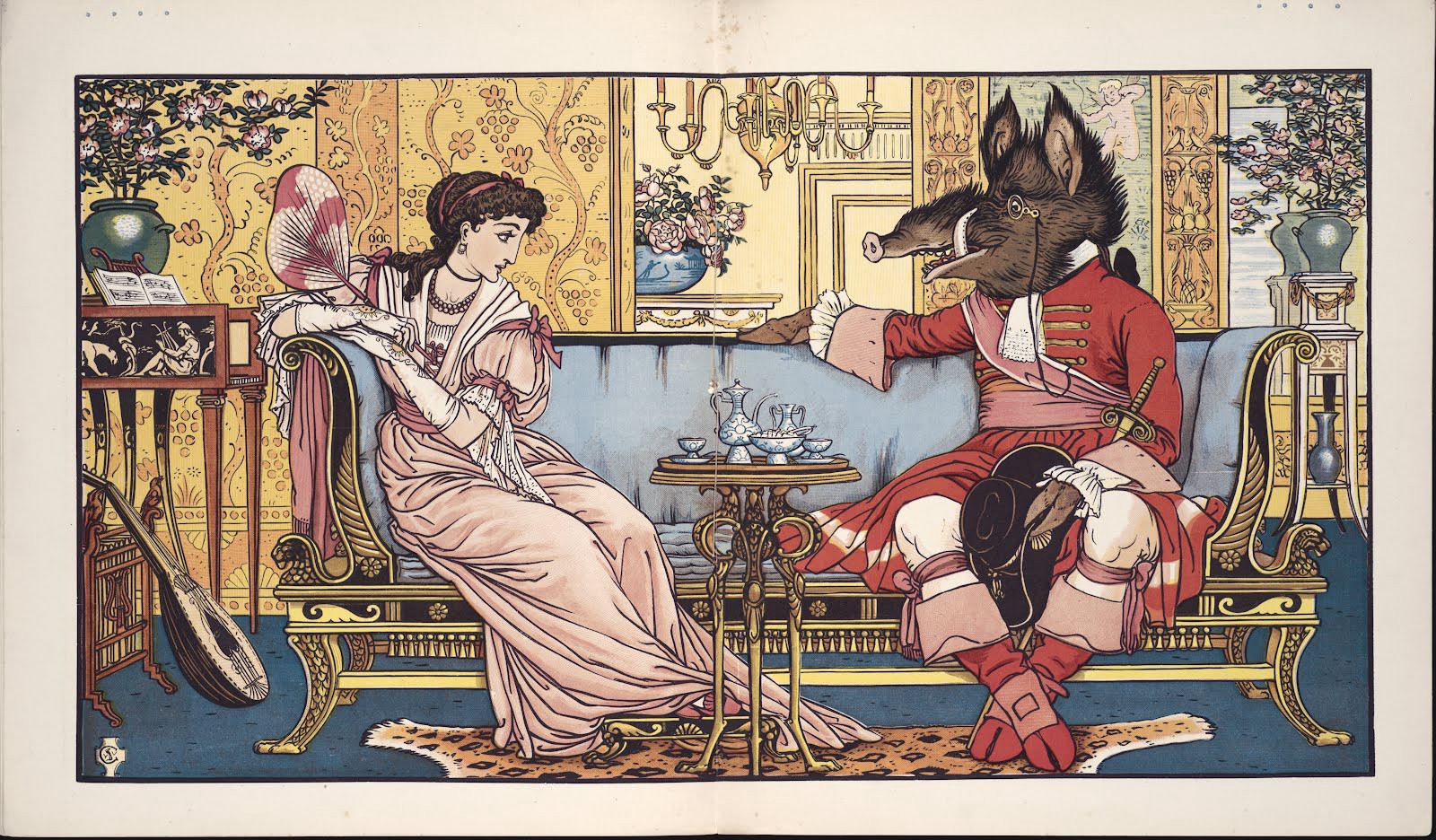Craft
Choices that Haunt You: Conditional Logic in Choicefic

by Joseph Jaynes Rositano

I’ve written before on some of the ways that interactive fiction, or choicefic, creates new possibilities for literary fiction. I touched on how the medium once dominated by the Choose Your Own Adventure children’s adventure series can be extended to serious writing — to explore themes of free will, to create intricate tapestries of plot lines, and to revolutionize character development.
For authors of choicefic, keeping track of the branching paths of a narrative can quickly become overwhelming. There are several software options to make the process more manageable, though most require varying degrees of coding skill. Inklewriter is among the most user-friendly and requires no coding at all. It’s also free and entirely web-based.
Most of these software packages, including Inklewriter, allow authors to go beyond the branching path structure that exists in book-form choicefic. They do this by using conditional logic.
Conditional logic makes it possible for a reader’s choice to have different results depending on the reader’s previous choices. When the protagonist asks her friend for help burying a body in the desert, the friend’s response could depend on whether the protagonist had been similarly helpful earlier in the tale. More subtle variations are possible too: perhaps the friend will help in either case but show her resentment with a few harsh words in one version.
But conditional logic also allows for the available options to vary depending on previous choices. For example, if the reader has the protagonist pick up a gun at one point in the narrative, he could have the option of using it later. Inklewriter provides an example of its conditional logic features with an interactive retelling of a Sherlock Holmes story.
Conditional logic can use counters to keep track of how many times the reader has chosen a particular type of option. Options can then be made available dependent upon these counts. For example, certain options could be designated (unbeknownst to the reader) as “aggressive.” At certain points in the story, the reader may be presented with more aggressive (perhaps violent) options if she had chosen a certain number of aggressive options previously. This could have interesting implications for character development; though some writers will chafe at the implicit quantification of character traits that is so familiar to RPG gamers.
Interactive fiction straddles two worlds–gaming and literature–and the use of conditional logic brings it closer to the former. But used artfully, it could become a powerful tool for authors of literary fiction.









